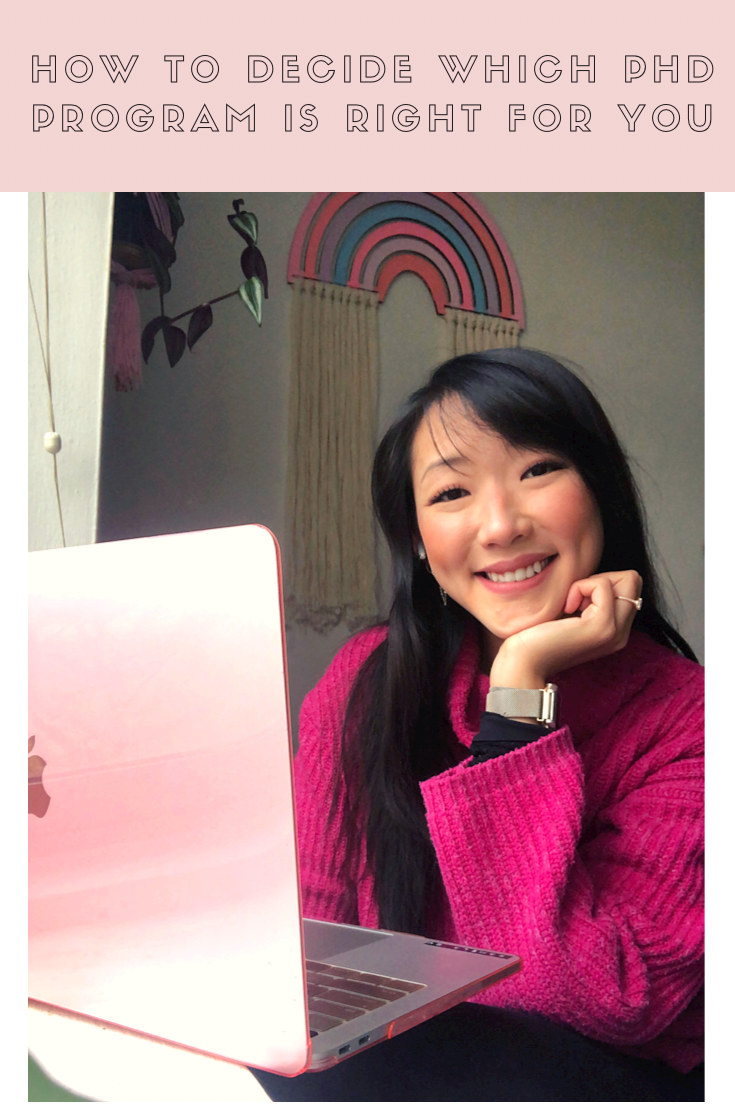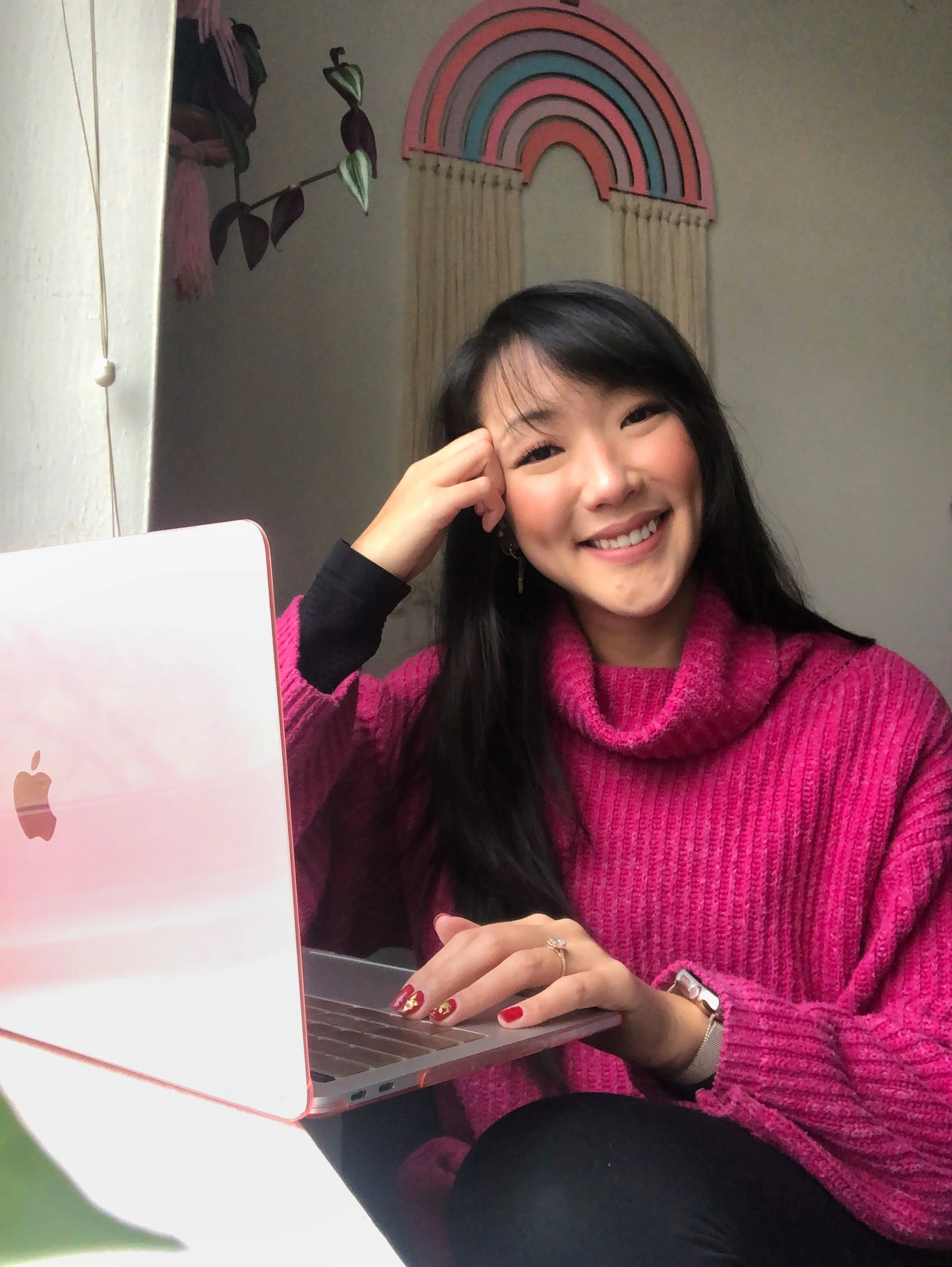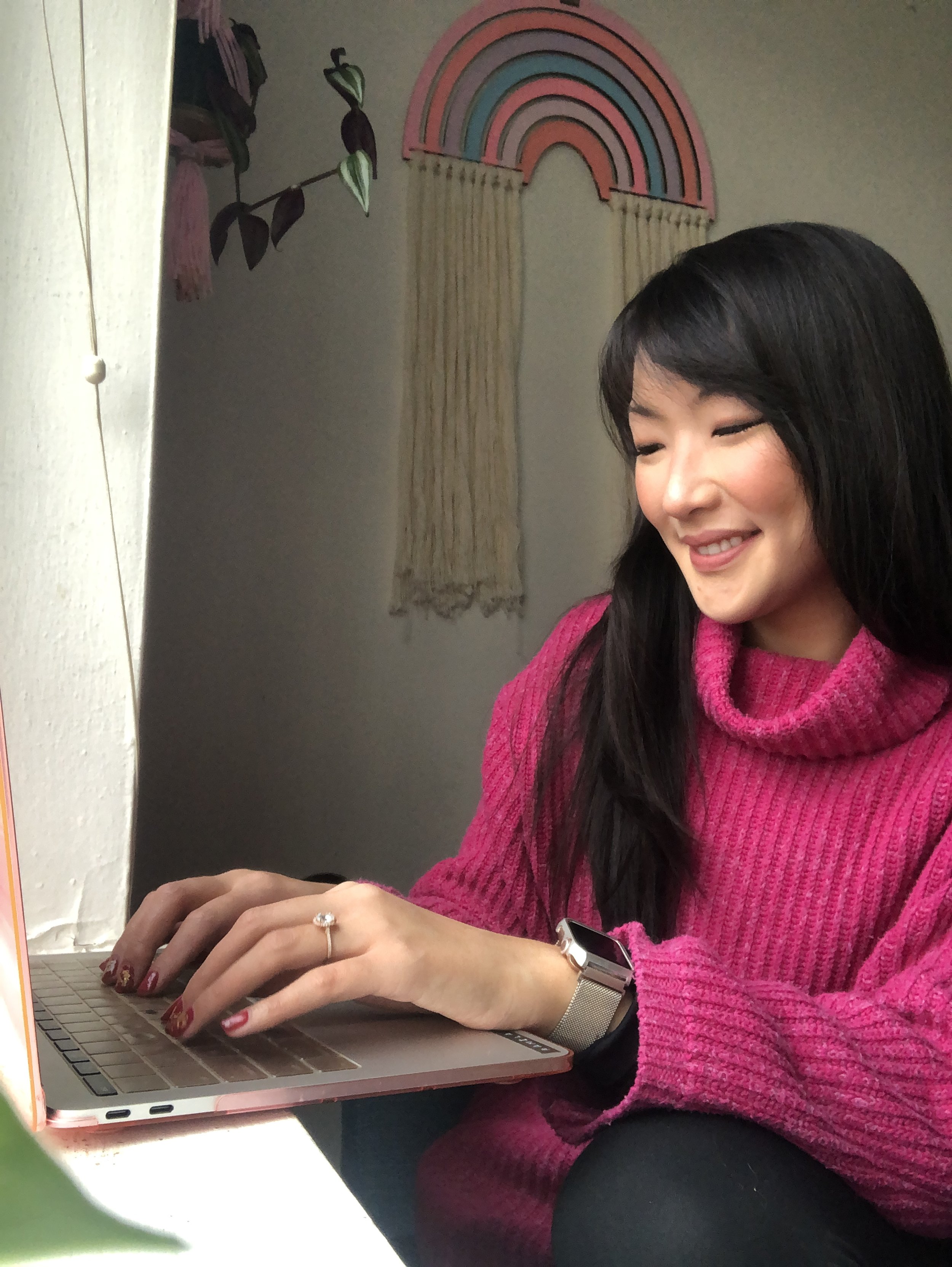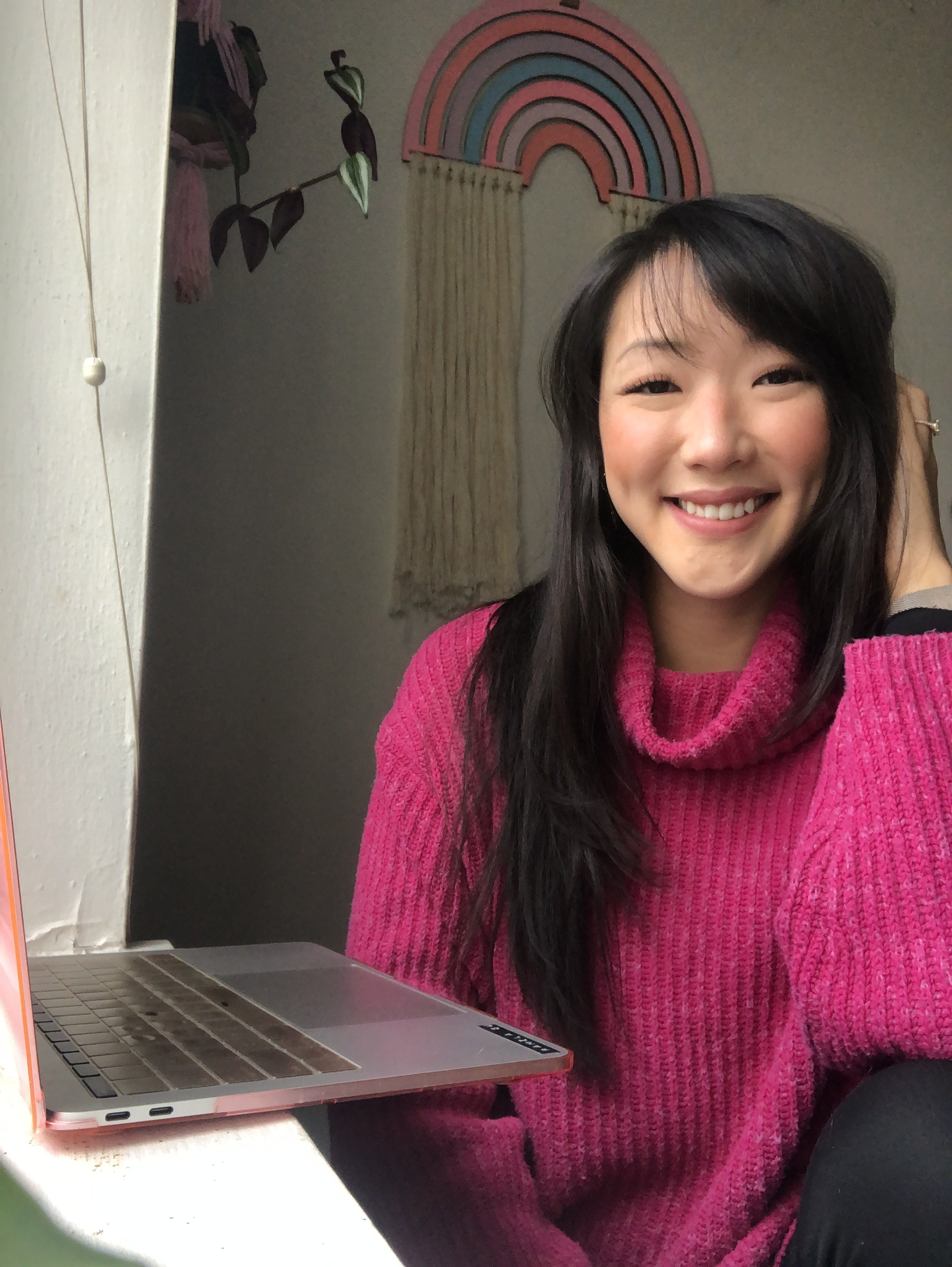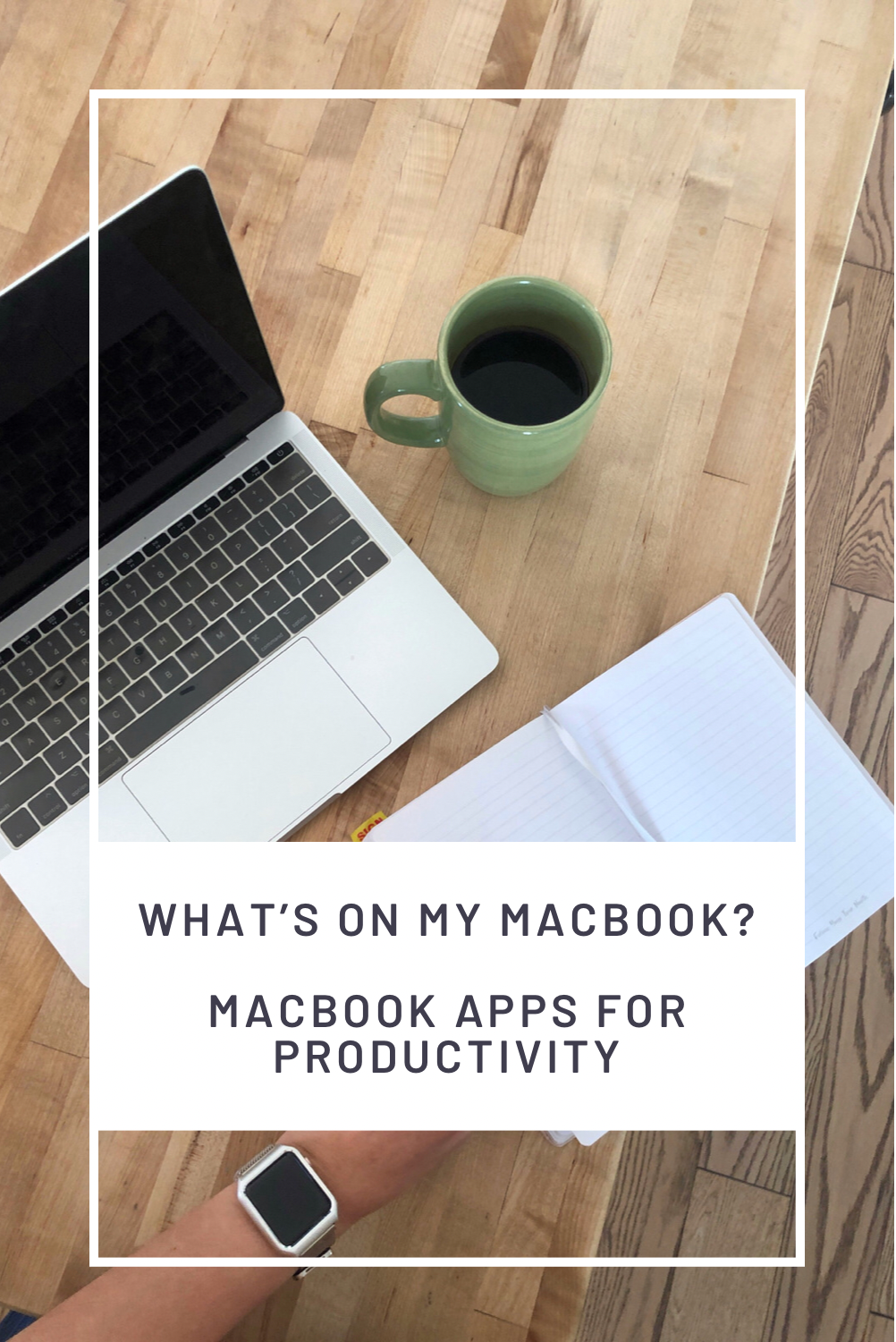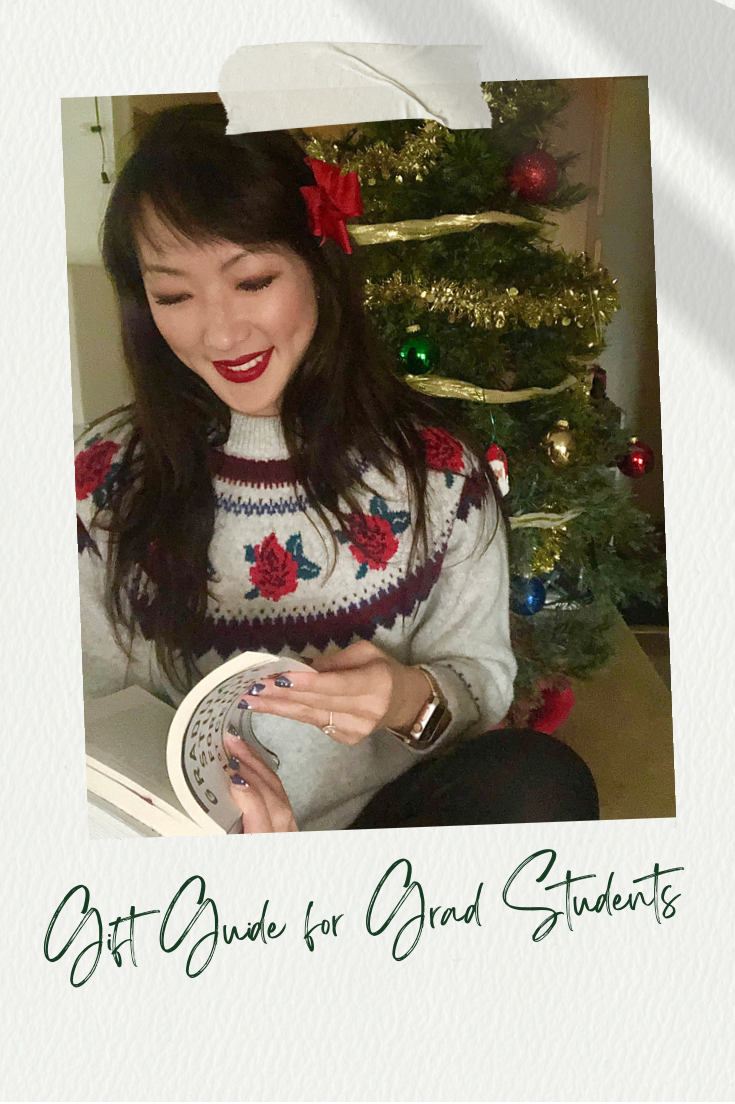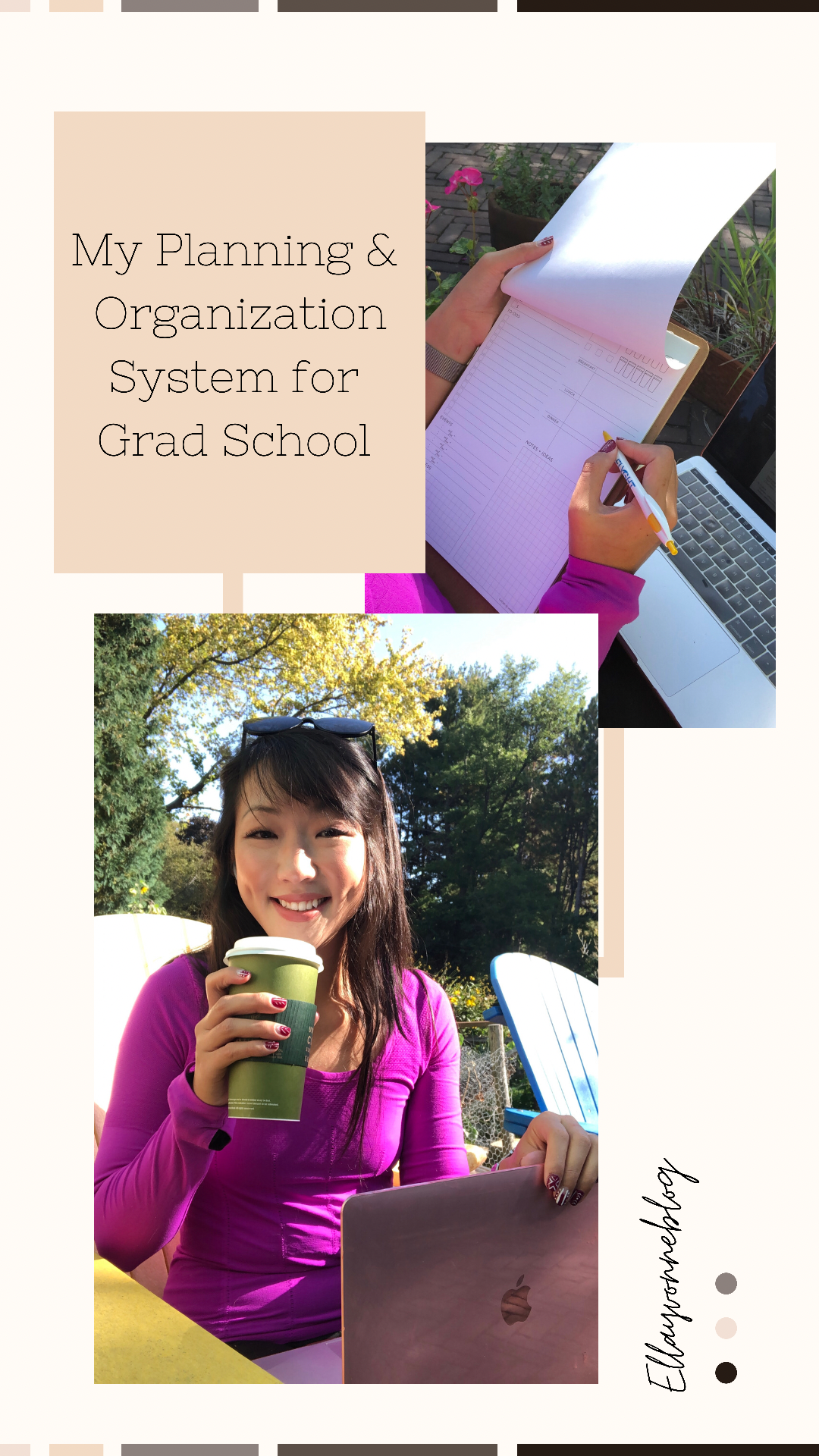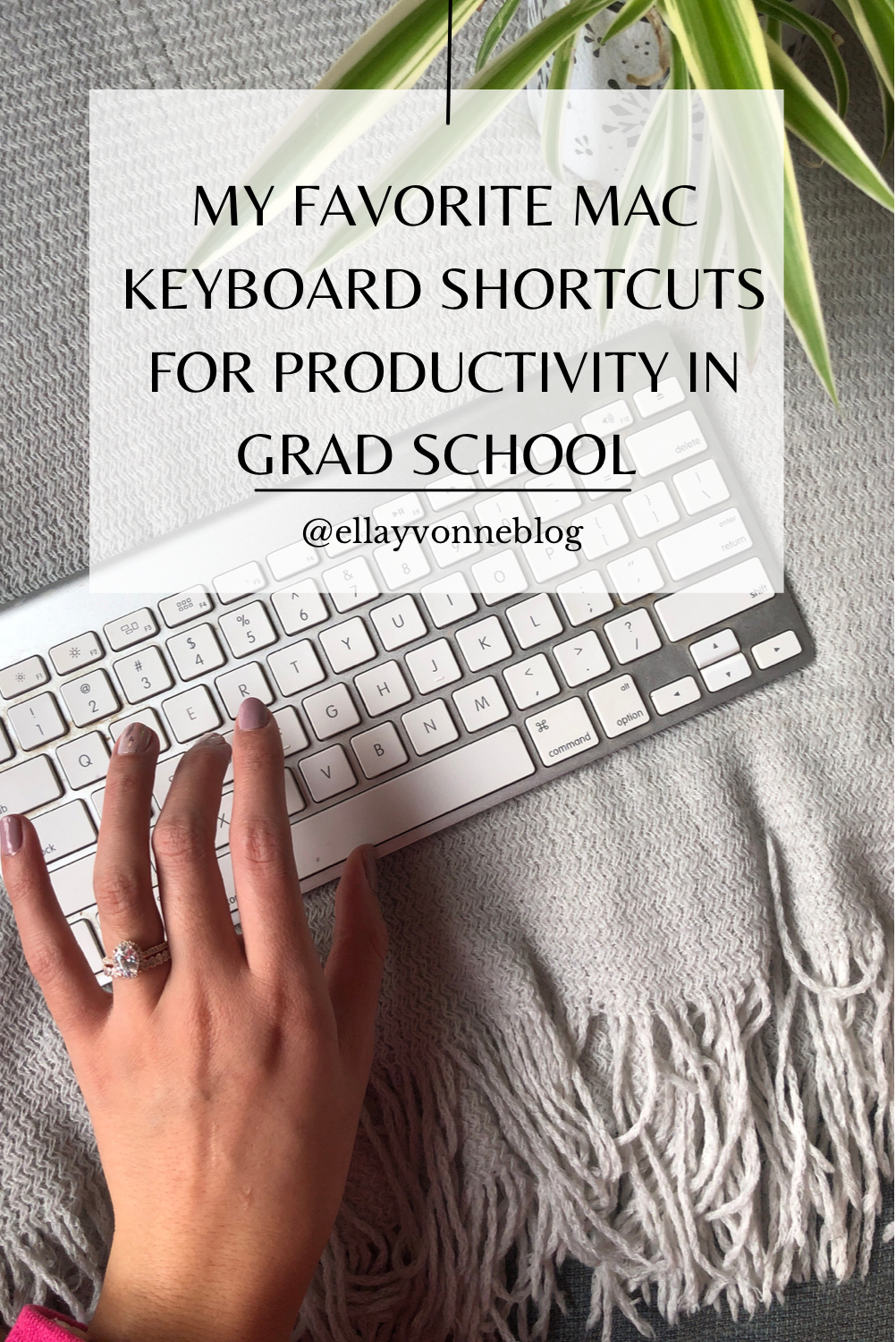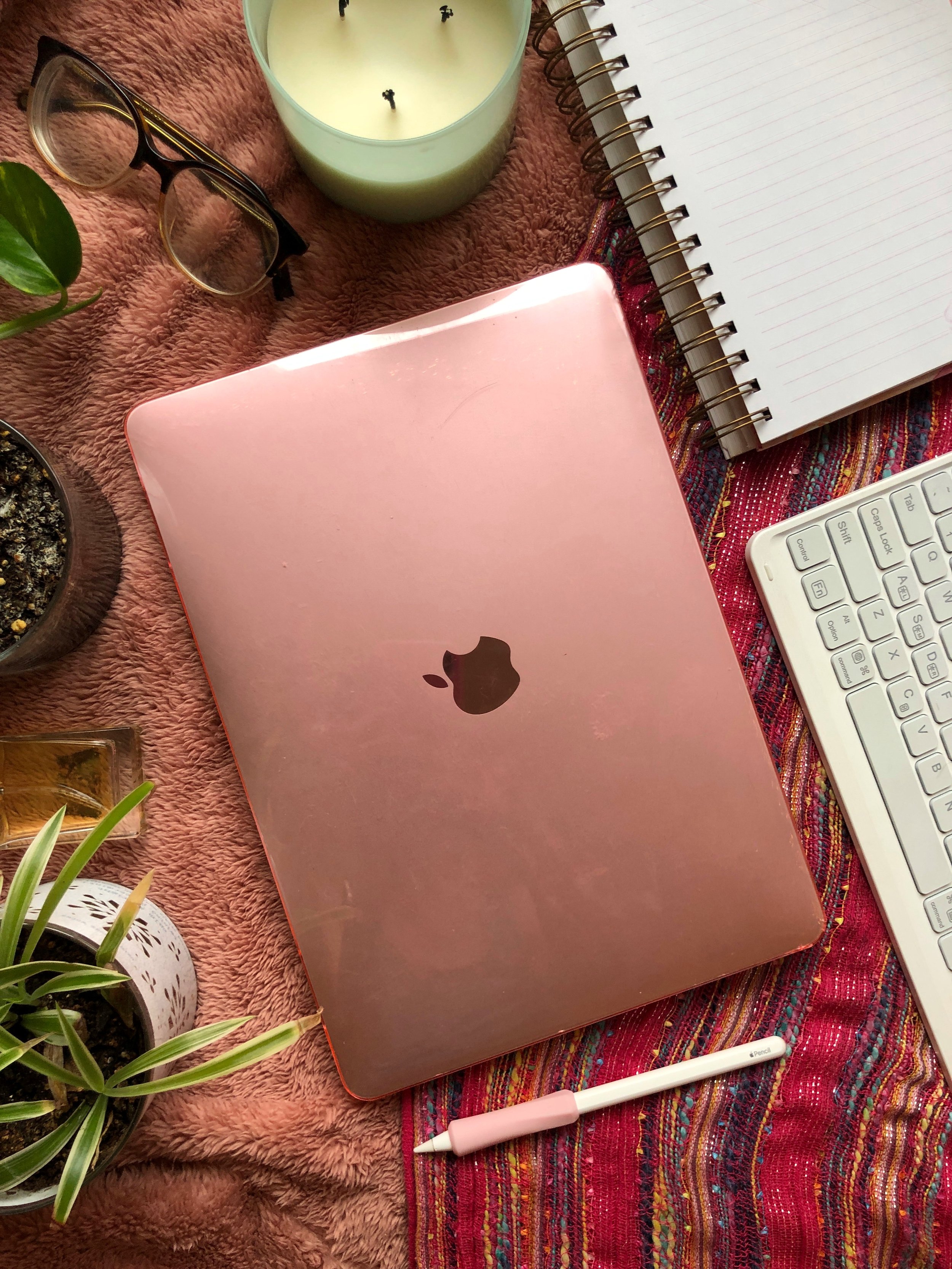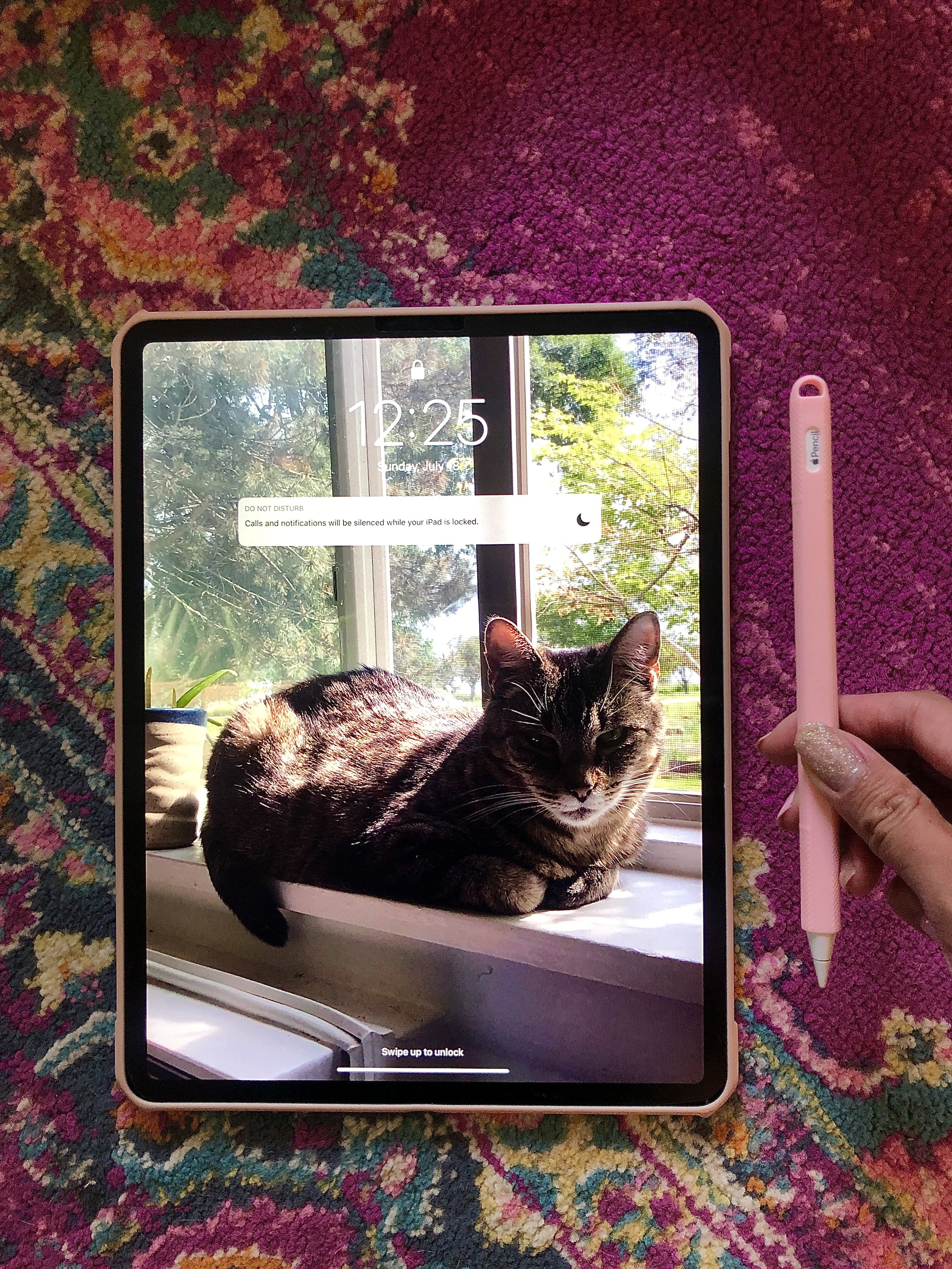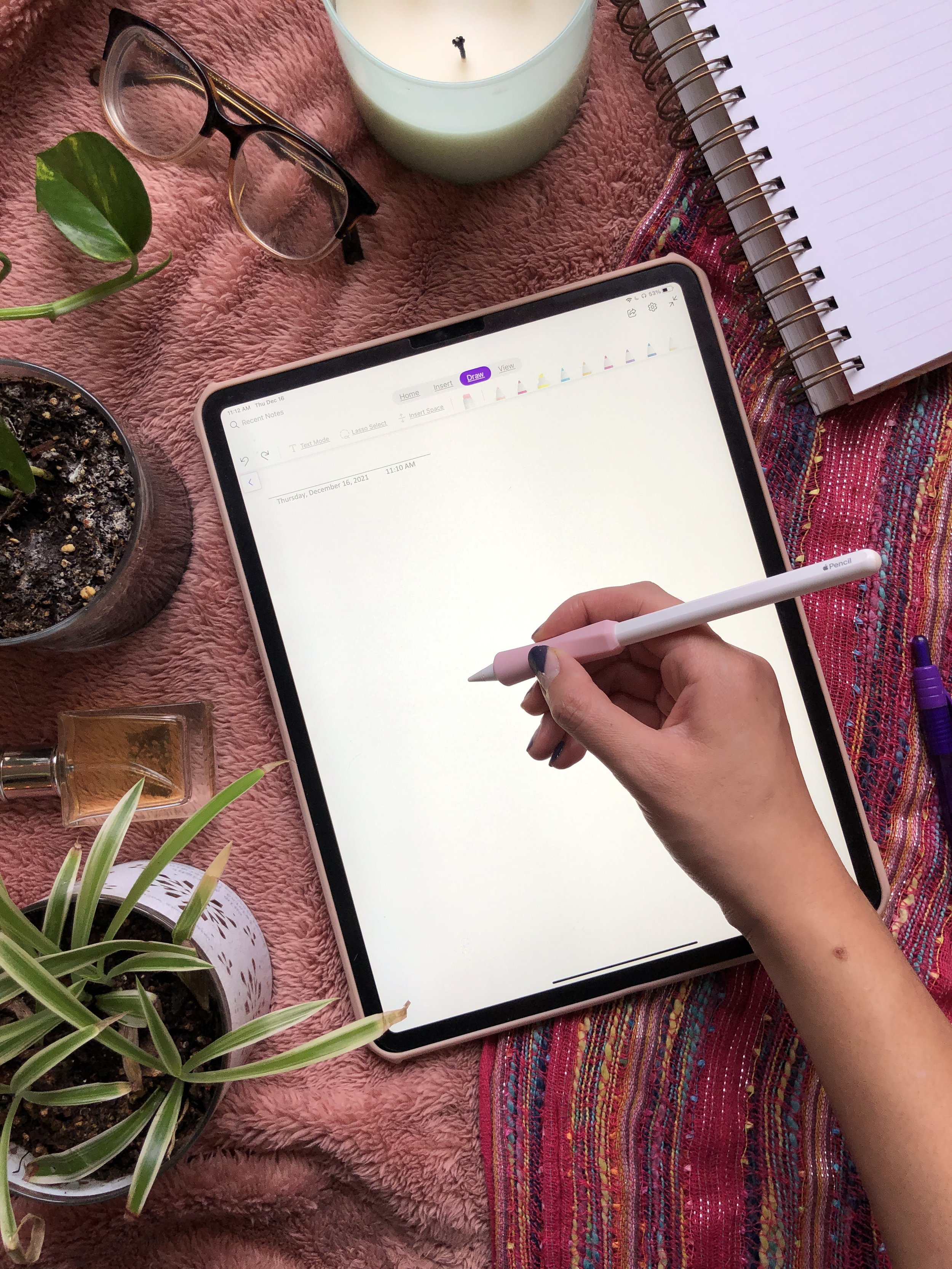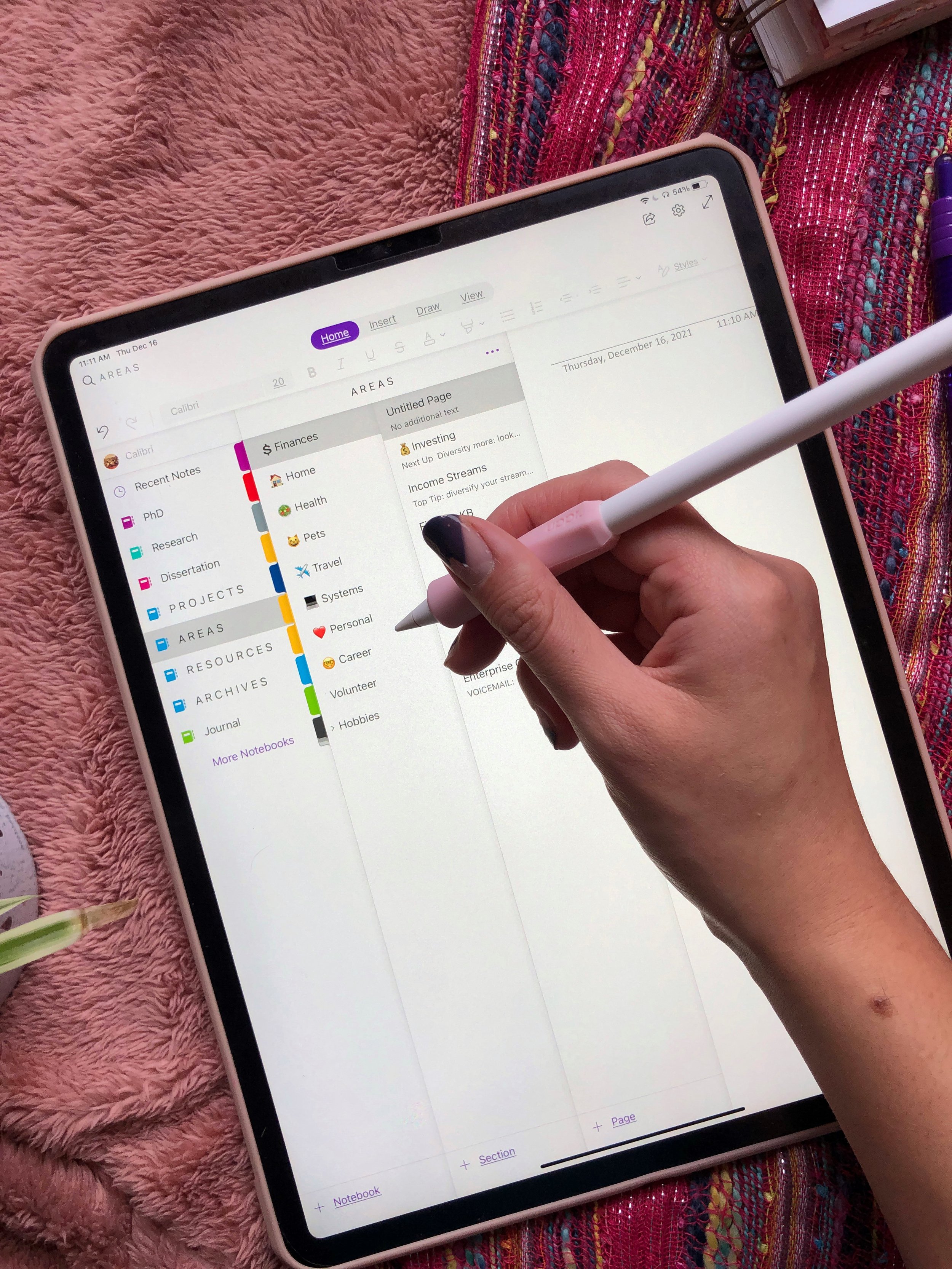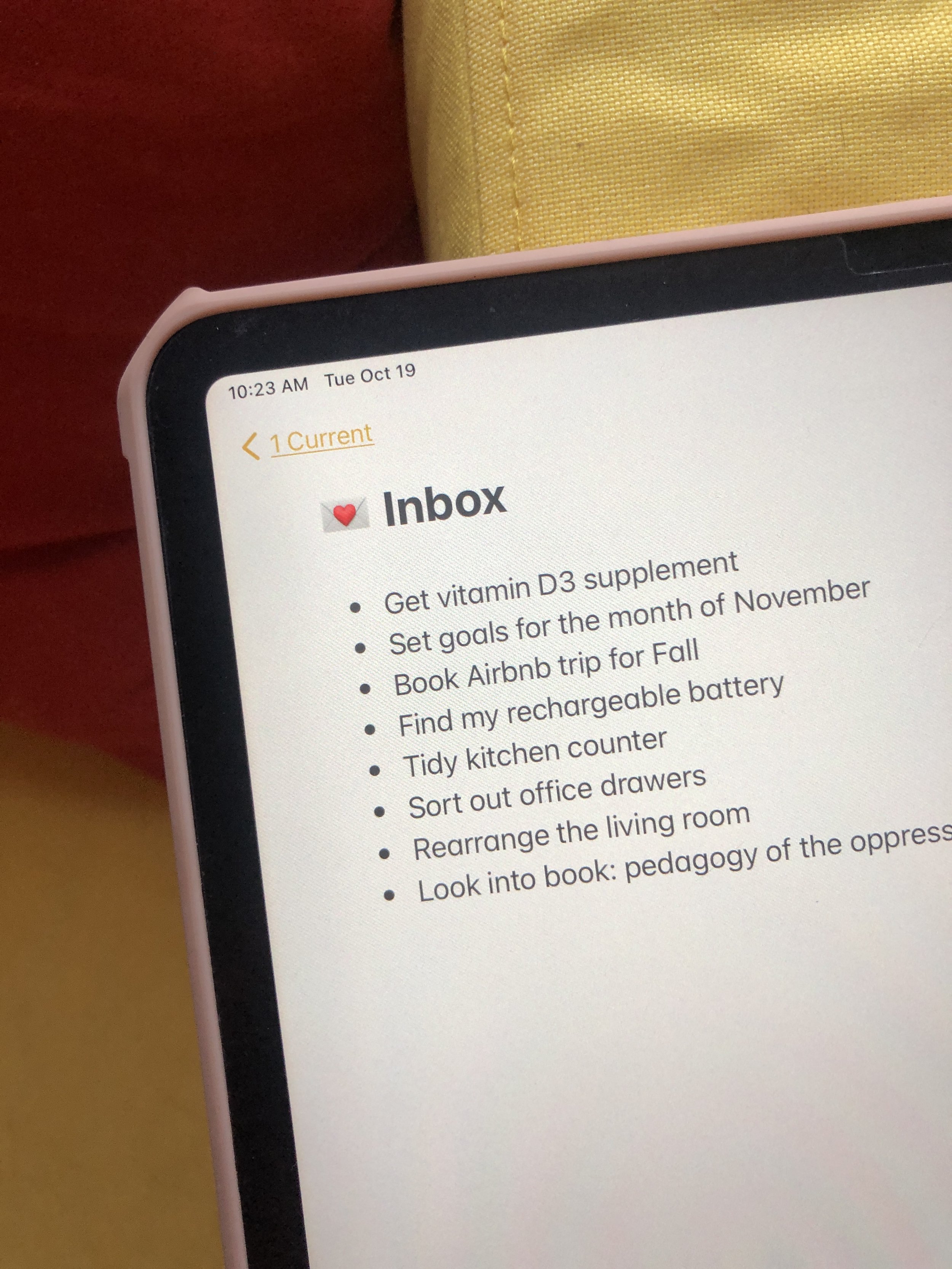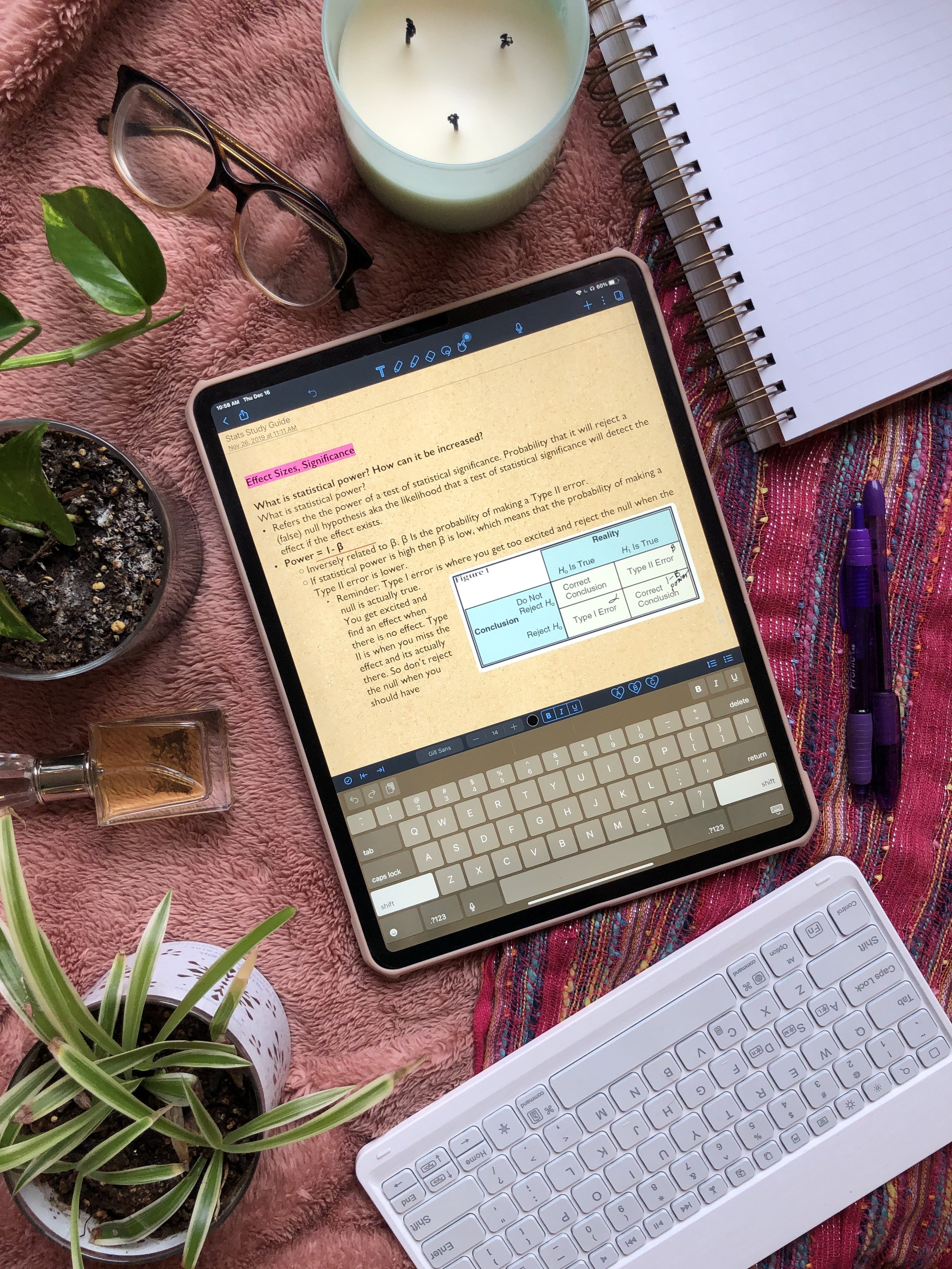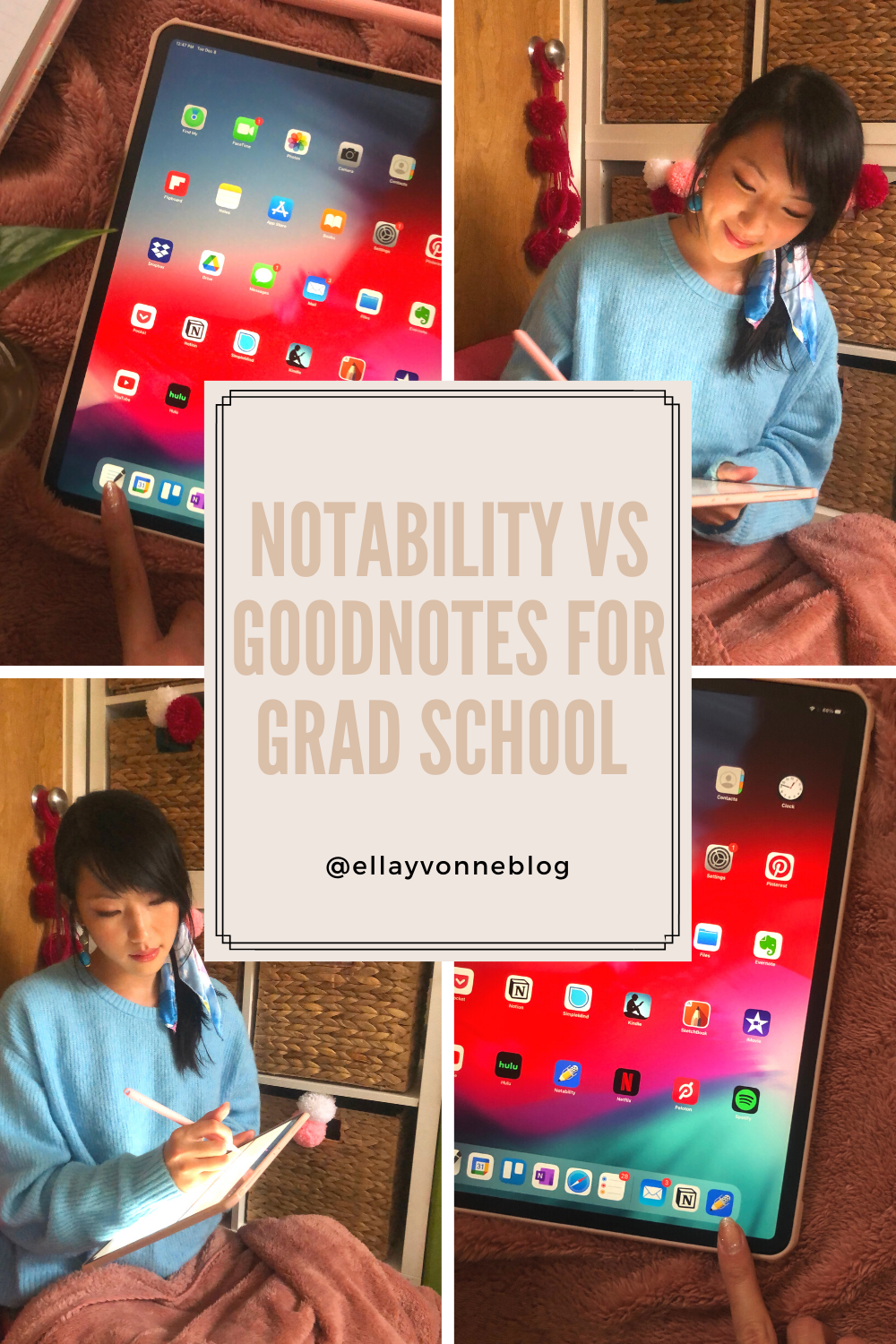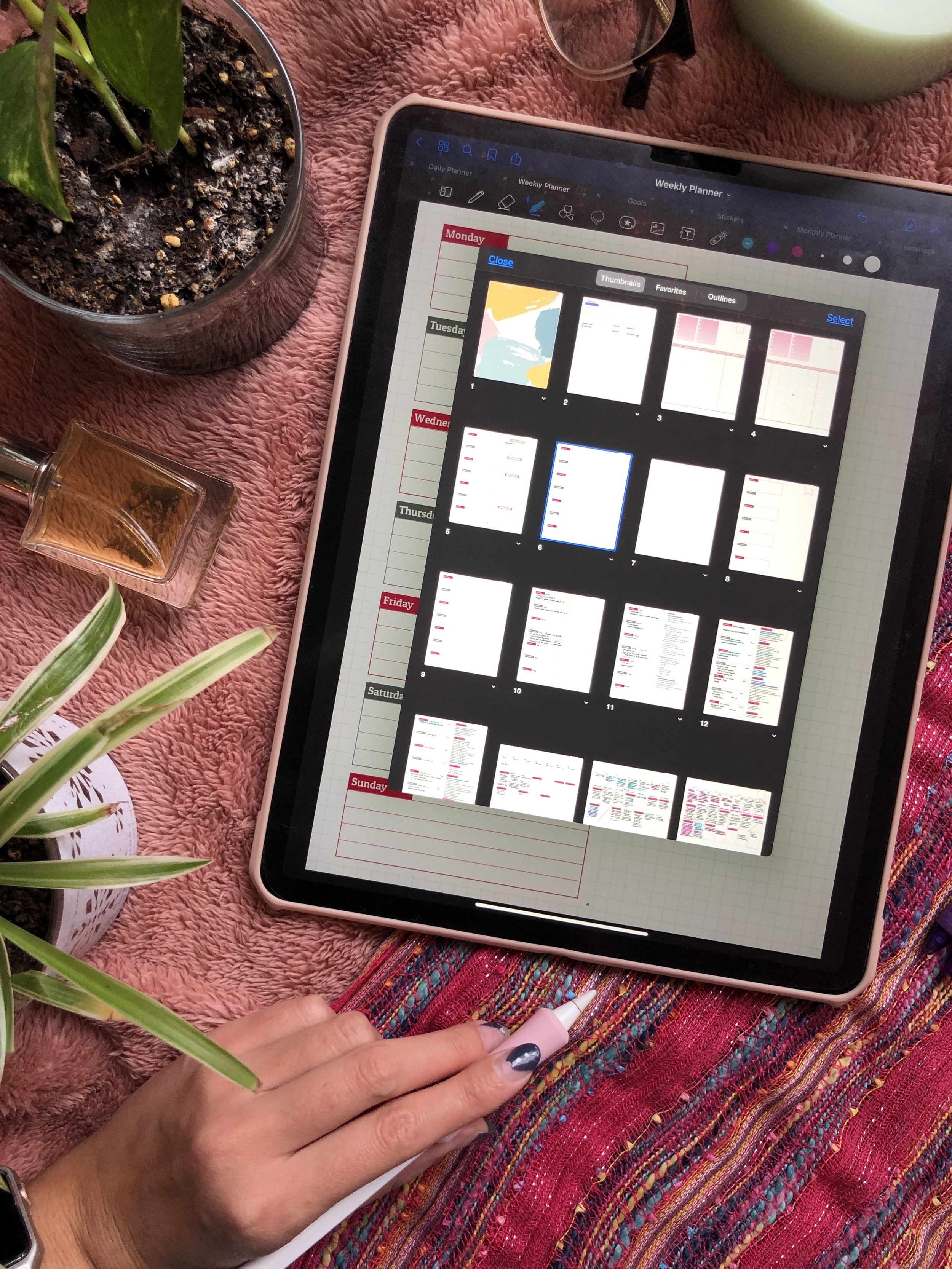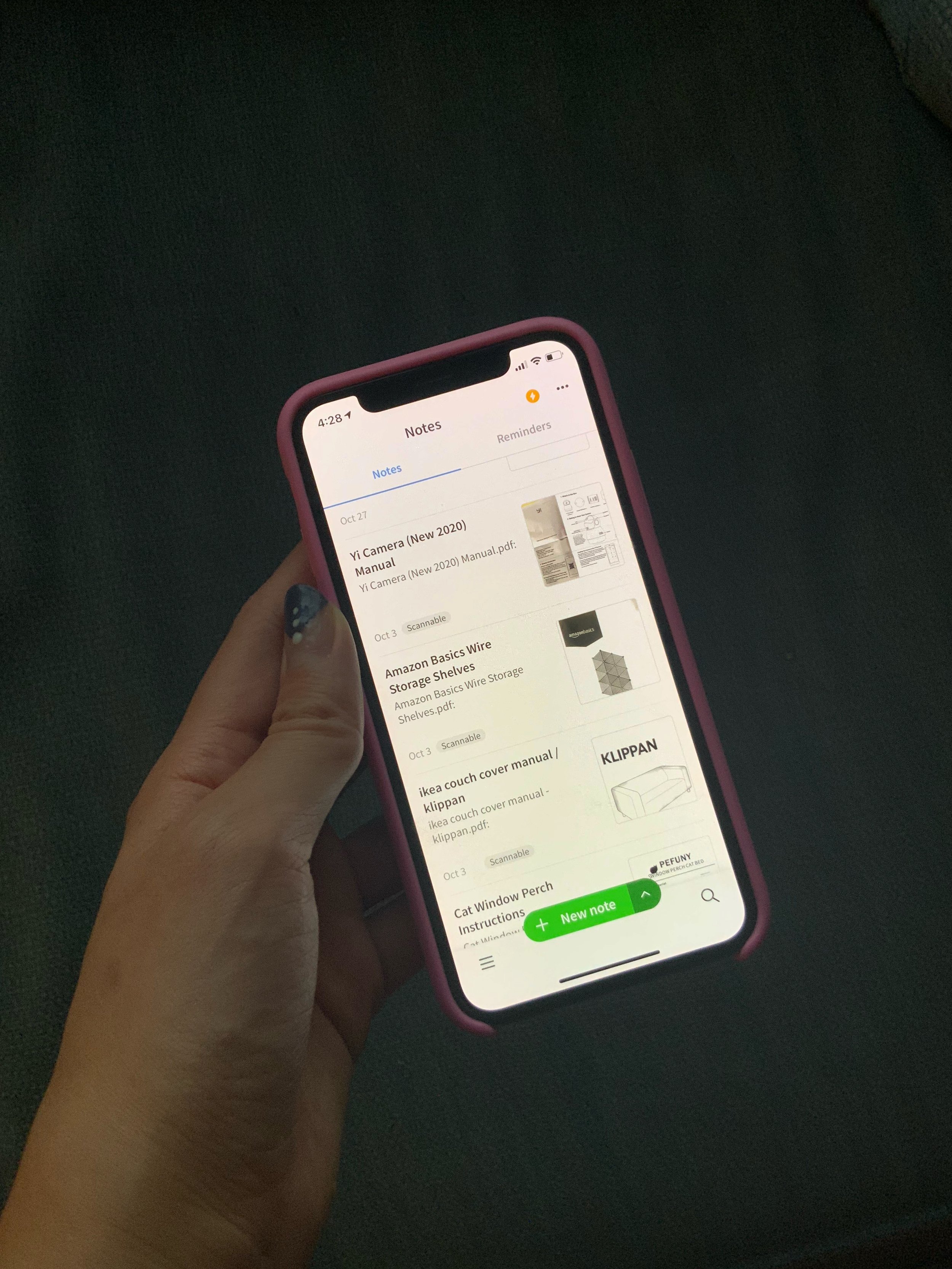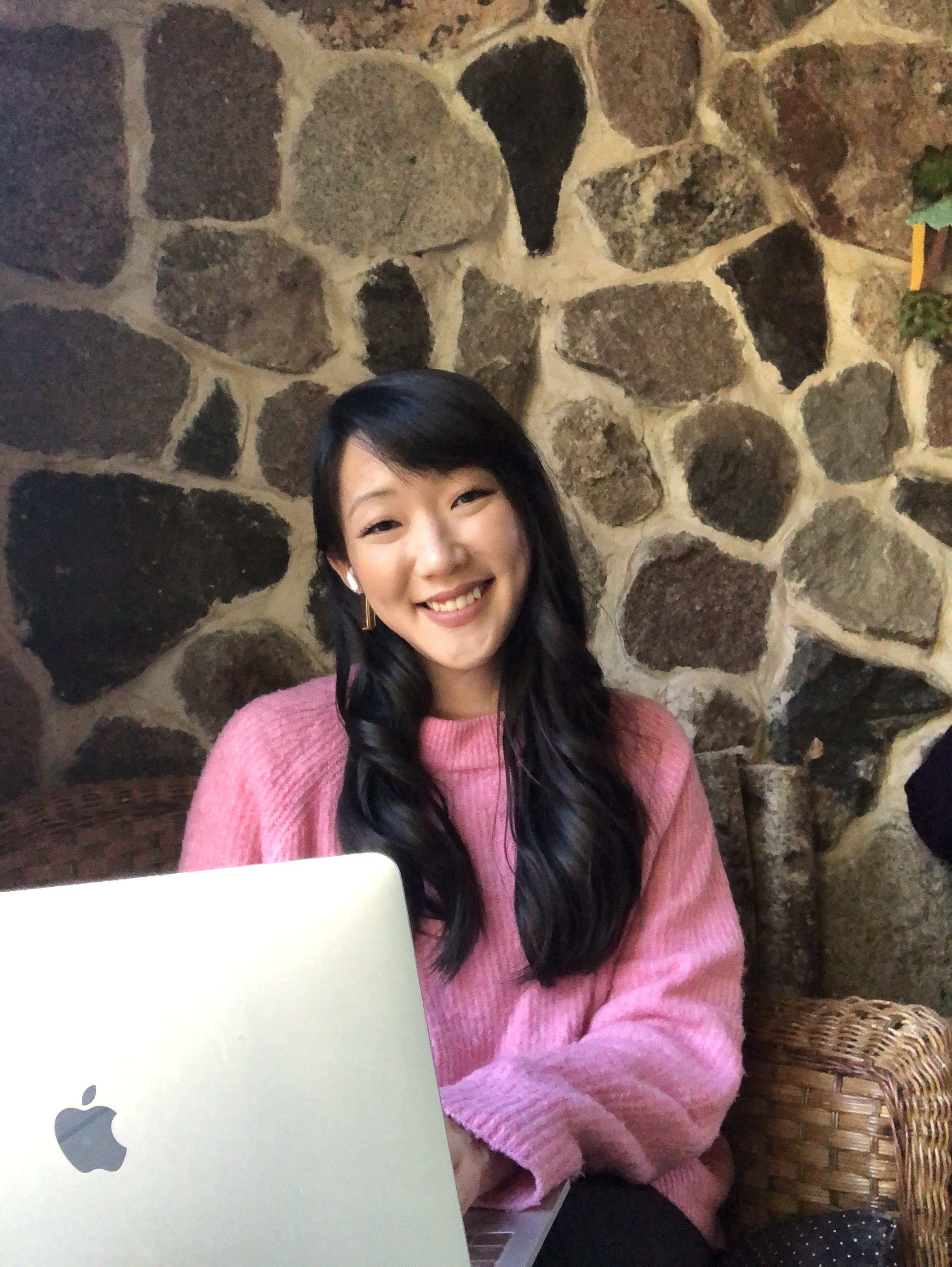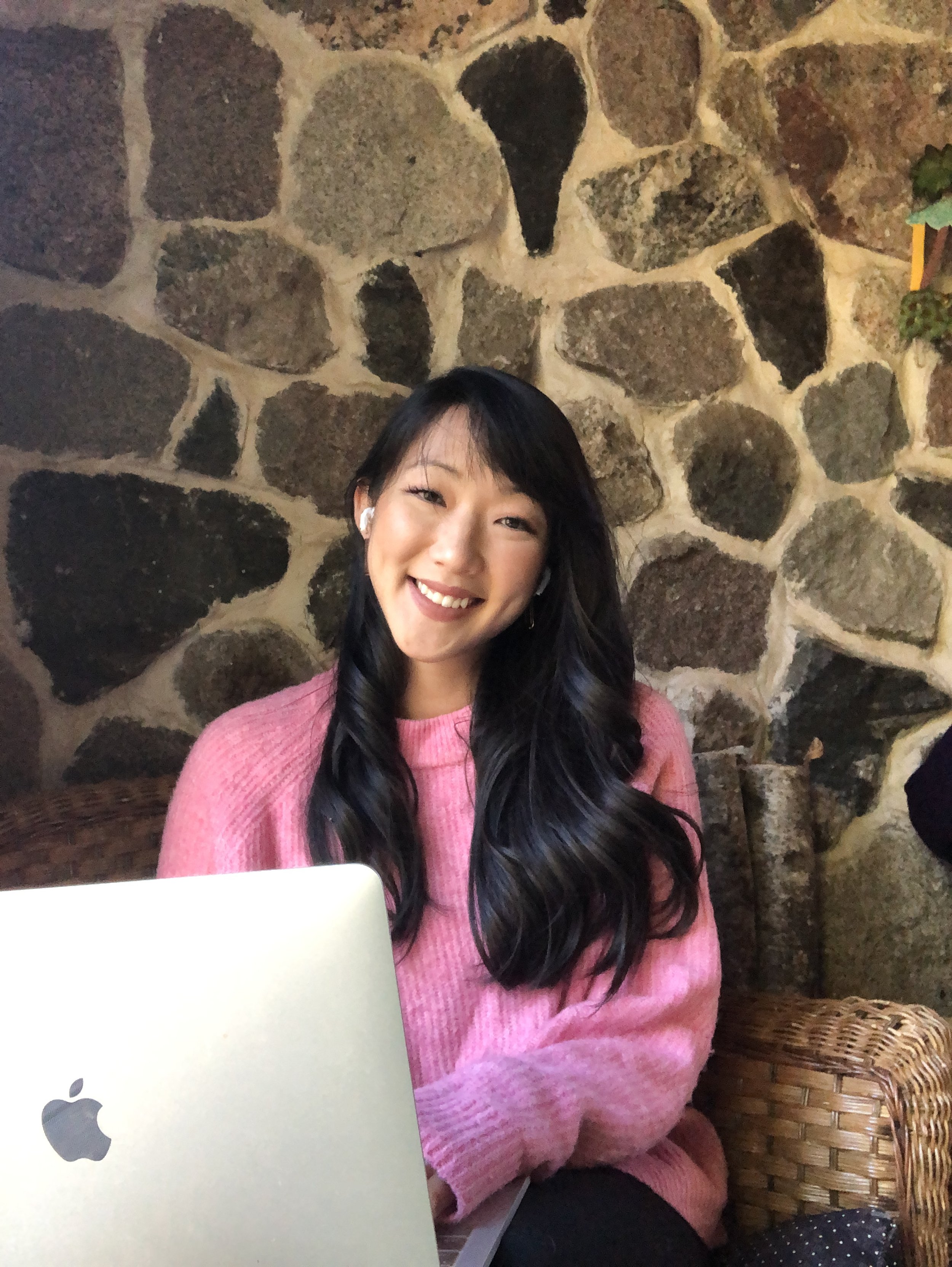Hello, friends! It’s that time of year - grad school application/interviews/admissions time! Since it’s likely a topic that’s on your mind if you decided to apply to grad school this cycle, I thought I’d take some to share what were some of the determining factors when I was deciding what grad school was the best fit for me 3 years ago!
To start, a little about what my perspective was (and still is) before starting my PhD program. My primary focus has always been long-term well-being and happiness. My belief is that you have to work on cultivating a life and mindset that bring you joy and that it ultimately cannot come entirely from a career, a place, or a person. I came into my graduate program from this wellness perspective because I had experienced many workplaces that I didn’t enjoy and wanted to create a career for myself that focused on what brought me joy.
Though there’s a lot of advice out there that focuses on the prestige of a program or the reputation of an advisor, my perspective will be a little different because my focus has never been on the highest pay, the highest prestige, or “getting to the top” of any career. So, as always, take my advice with a grain of salt and make sure that you know what’s important to you in a graduate program!
(1) What’s the vibe of the department and/or the program? (aka the culture)
Admittedly, I’m very much a person who goes by the “vibes” of a place - which may not be the most rational thing in the world. But, what I mean by that is checking in with how you felt about a place! Were the people nice to you? Did it seem like a competitive environment? A nurturing environment? Did it seem like people were genuine? If you’re someone who thrives off of competition, maybe a program where you felt competitive vibes is a good thing! For me, I usually try to get a sense for whether an environment is nurturing and genuine because that tends to be a good fit for me personally.
(2) Are there people there who study things you want to study? What is the relationship between faculty and students?
Since the researchers in your program are likely going to be the ones who serve as your mentors and advisors throughout your PhD, it’s important to have people in the department who do research on topics you could actually see yourself studying. Now, this doesn’t mean that they have to study exactly what you want to study but oftentimes, faculty may move to other universities, or your personal research interests may change, so it’s nice to have options within your own program should you need to change direction.
Alternatively, if there are very open, highly communicative relationships between students and faculty members, you may not need to have people there who study the things that you’d like to be studying. If they’re open to studying the things you’re interested in and open to supporting you in your own research interests, that can work, too!
(3) Who will your advisor be? Or how will your advisor be determined?
For me personally, this was priority number 1 when I chose a PhD program. It’s listed at #3 here because I know that it’s actually not top priority for everyone! In my personal experience, my mentor or direct manager has a HUGE effect on my happiness so I knew that who my advisor was and whether or not we connected was a VERY big factor for me. I was also very particular about having a mentor who understood my work style, what I needed as a mentee, and would be an advocate and friend to me throughout my program. So much so that who my advisor was slated to be ended up being about 75% of my program decision.
However, that’s just my story based on how important a mentor connection is to me. A specific relationship or work style may not be what is most important to everyone - for some it may be a mentor’s reputation, their connections, the funding they might provide - but it’s worth thinking about what kinds of mentors or managers you’ve worked with in the past and what kind of mentor you think you’d work well with for the next 5-6 years of your life. Your advisor has a lot of power over you and your career so it’s important to find someone who is a good fit for you. They don’t have to be the perfect mentor for every aspect of your life (you can always find support in faculty members who are not your advisor as well!) but they will serve a very big role in your life for this next chapter.
(4) How will your physical and mental health hold up there? What support do you/would you have outside of the program? Do you like the location?
What kind of support do you have from the university? Are there opportunities to meet and connect with people and resources outside of your program? Also consider the general area - do you have people you know in the area? Friends or family - or even social groups, networks and organizations that could support you outside of the program?
I also advise everyone who asks to seriously consider whether they like the location of their program. There is A LOT of pressure in PhD world to go to whatever school is the “best” (subjective in my opinion) and to forsake your own happiness to commit to your career and education. Frankly, life is too short for that shit. If you know that you get depressed when it rains (hello, it me!), maybe a program in seattle isn’t for you. If you are miserable in the cold, maybe a program in the north isn’t for you. There should be no shame in choosing a program that allows you to get the degree you want while also not making you miserable 🙂
Personally, I chose to get my PhD in a location where I was familiar with the resources available to me. I’ve moved for jobs in the past where I knew very few people in the area and had to figure out what was available on my own. There’s nothing wrong with an experience like that - in fact, it can be quite exciting! - but for the start of a PhD program - which I knew might affect my anxiety levels - I wanted to reduce my stress levels as much as possible and knowing that I had social support and local knowledge was extremely helpful in making the transition.
(5) What are your goals after the program? Will your program get you to those goals?
This might seem like a silly thing to ask yourself before you even start a program but I’ve found that having your reasons WHY you want to start a PhD program are important to determining what program is right for you and how you distribute your time once you are in your program! Do you want to teach? Is research your priority? Are you aiming to go back to industry after your time in your program? Do a deep dive into what you want and, if your program can get you there, that’s really all that matters.
My last piece of advice is always to TRUST YOUR GUT and BE HONEST WITH YOURSELF. Be honest with yourself when no one is watching and no one is in your ear telling you what they think you should do. We often have these little voices inside of our heads that are echoing societal pressures, what our families want us to do, what we think others will think of a choice we make. If you can, try and quiet those down and determine what matters to you and only you. There is more to this life than your PhD, and there is more to your life than this career. What matters to you matters - because it’s your life and no one else’s. Maybe that’s just a reminder to myself, but I figure maybe you need to hear it, too 😊
I hope this was helpful! Have any other questions about PhD programs? Let me know in the comments or send me a message - I’d love to hear from you!











